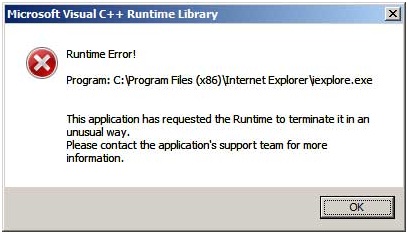



You may not distribute these libraries in compiled DLL form with the program. GPLv2 provides a similar exception in section 3. That means that you don't need to worry about including their source code with the program's Corresponding Source. When you do this, the runtime libraries are “System Libraries” as GPLv3 defines them. You may link your program to these libraries, and distribute the compiled program to others. However, I noticed the following paragraphs in the FAQ (bold-facing by me): The application depends on Visual C++ runtime DLLs, and I was planning to distribute them with the application. A library I used in my native Visual C++ application was GPLv3-licensed I found the GPL acceptable, and thus I was planning to make my application GPL-licensed as well.


 0 kommentar(er)
0 kommentar(er)
